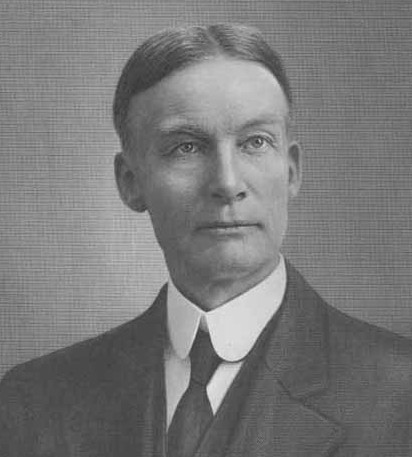Minnesota, my home state, has been faced with multiple college student deaths related to the consumption of alcohol, and I have to think this is on the mind of the administrators and parents dealing with the news in Eden Prairie. Four college students died in 2007 either because of alcohol itself (usually alcohol poisoning) or actions that resulted directly from drinking excessively. Already in 2008, a 20-year-old who would have started classes at St. Cloud State University next week was found dead "after a night of partying and drinking games."
Sociologically, these news events bring about many legal issues related to the privacy of students and the seemingly eminent (at least in Minnesota, though I'm sure other states as well) social problem of underage drinking fatalities. A new bill is being presented to the Minnesota legislature that would allow colleges and universities to notify the parents or guardians of students caught drinking underage or possessing illegal substances.
While I am not surprised by this knee-jerk reaction to the recent deaths of young people and venerable "proof" of underage drinking, will this solve the problem? So often it seems that parents and legislators grasp for something, anything to mollify the questions posed and problems that arise. As a sociologist and person familiar with the geographic area in question, I cannot escape from questions of culture and socialization. Can legislation drastically alter culture?
And what about the students in Eden Prairie? Today, some of them walked out of school in protest, claiming the penalties given were too severe. Here's an interesting video interview with two students involved in the walk-out. The young women claim the school has disallowed students from talking about the issue, but they felt they needed to "stand up for what they believe in." Yet another sociological approach to this issue would be to discuss social movements. Both women were saddened that not very many of their fellow students joined them and cited the opposition by teachers as scaring the students into staying put.
Just as an aside, I did a search on Facebook and found group called "Eden Prairie High School has not gone too far." which was started by a junior at the school. He agrees with the actions taken by the administration and does not see it as a violation of privacy. The group has 25 members, 16 of which belong to the Eden Prairie High School network, meaning they are currently students or were in the past.
--Brittany, Soc 104 GTA



2 comments:
This is a fascinating case. Thanks for sharing Brittany!
I’m not sure how many other states have legislation similar to what Minnesota proposed, but it could be the pendulum swinging the other way with respect to school authority. In loco parentis (in place of the parent) used to be a cornerstone principle of governance of colleges over students until the 1950s and 1960s. Colleges and universities had wide latitude to police the off-campus behavior of their students. But now universities recognize college students as autonomous adults and give them all sorts of privacy protections they didn’t have 50 years ago. If a parent calls my office, for example, I’m legally forbidden to discuss their performance in the class. Beth Bailey’s book Sex in the Heartland discusses some of these transformations during the 20th century in college/student relations – using KU as a case study.
RE: Eden Prairie – It makes me nervous whenever school authorities attempt to police and sanction non-school-related, off-campus behavior. But I think it’s equally important to recognize the *newness* of this culture of internet picture posting, and how it has changed notions of privacy in short order.
-- Brian
I thought this was very interesting.
--Vaughn
Post a Comment